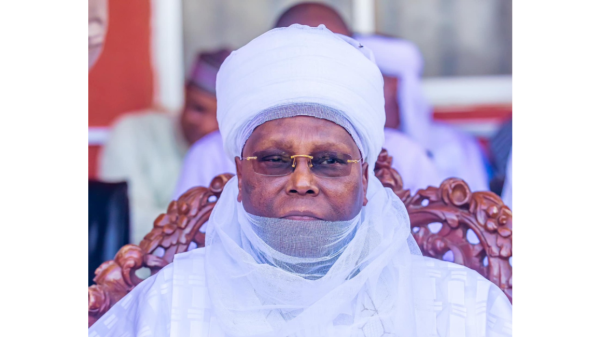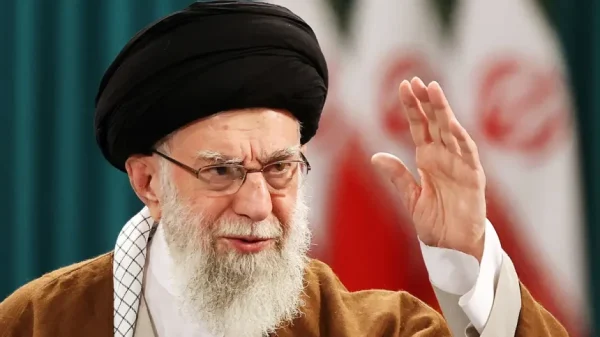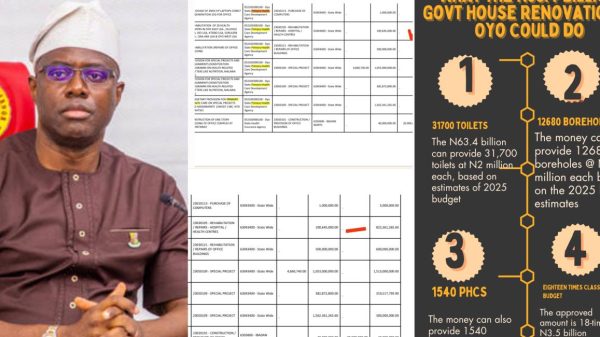Abuja, Nigeria— Nigeria is courting global investors for a \$25 billion undersea gas pipeline project aimed at transporting Nigerian gas to Europe via Morocco and the West African coastline.
The ambitious Nigeria-Morocco Gas Pipeline was a focal point during a meeting on Monday between Vice President Kashim Shettima and top executives of energy giant Vitol Group at the Presidential Villa, Abuja.
According to Shettima, the pipeline is part of the Tinubu administration’s wider energy reform drive and economic repositioning. “In the past 25 years, we have not had a leader who has the courage to take far-reaching decisions as he has taken—the removal of fuel subsidy, the unification of the multiple exchange rates, and the tax reforms,” he noted.
He emphasized Nigeria’s commitment to transitioning from oil dependency to gas-led growth, stressing that the country holds the world’s eighth-largest gas reserves.
“Our country is actually a gas economy. We are seriously exploring the option of taking our gas to Europe. It is an expensive venture requiring about \$25 billion, and of course, technical expertise,” Shettima said, adding that the government values technological partnerships as much as financial input.
He called on Vitol Group to support the project through its expertise and influence in the LNG and Associated Petroleum Gas sectors.
In response, Jeffrey Dellapina, Chief Financial Officer of Vitol, reaffirmed the company’s long-standing relationship with Nigeria. “This has been an incredibly close and important country for Vitol. We are always available to deploy capital when needed,” Dellapina said.
Murtala Baloni, Head of Public Affairs at Vitol, highlighted the company’s recent investment during the COVID-19 period, noting that Vitol was a key financier of Project Gazelle — a \$300 million crude oil-backed forward-sale facility initiated by NNPC Limited.
With this project, Nigeria is positioning itself as a central energy hub linking African resources with European demand, in a move expected to significantly boost regional development and energy security.




















































































































